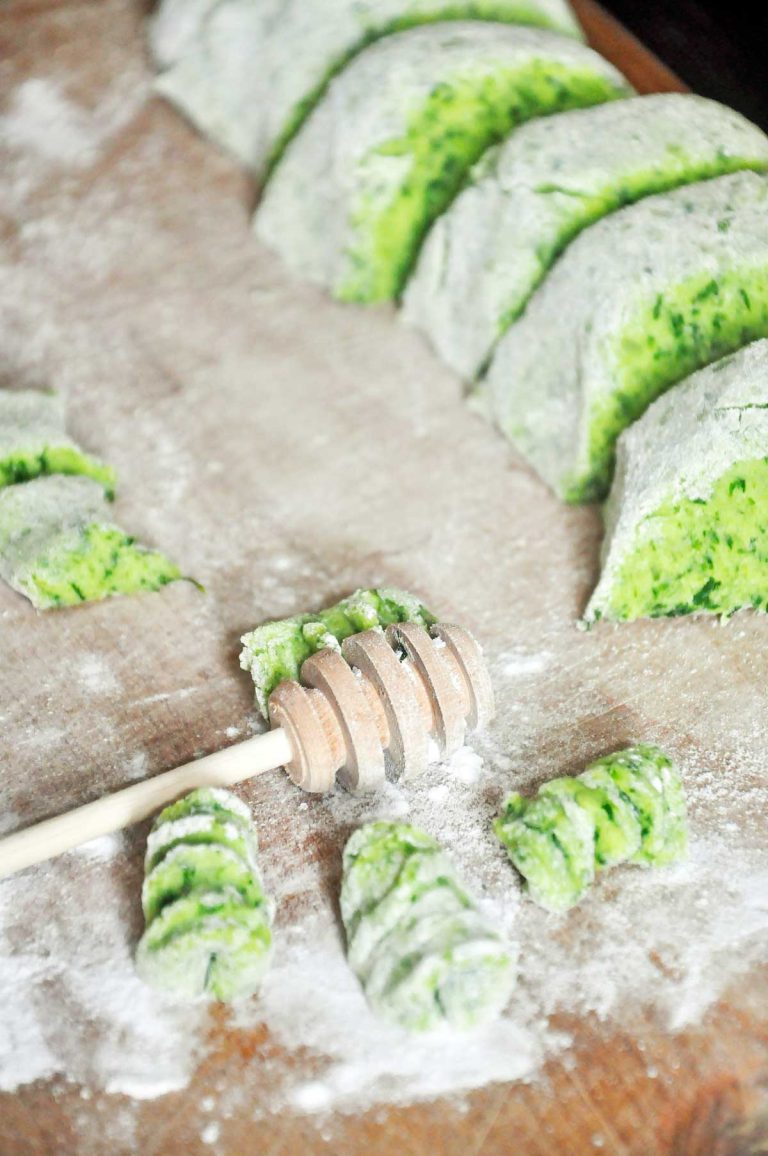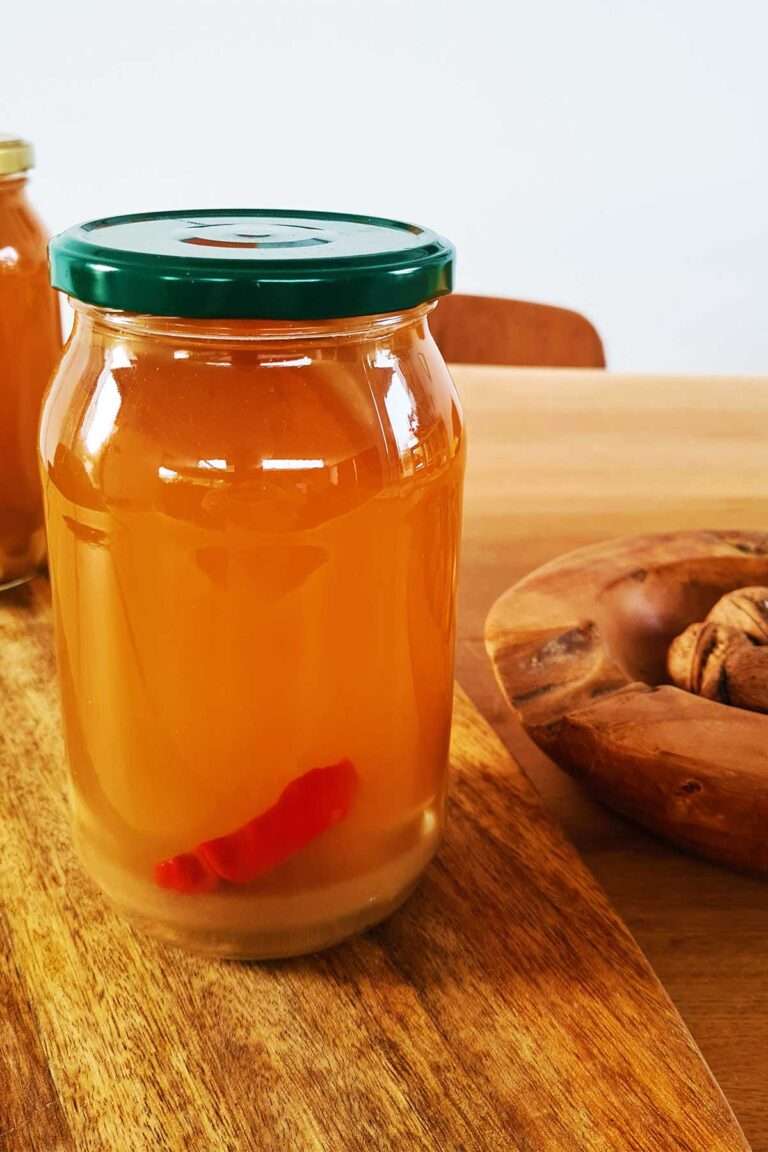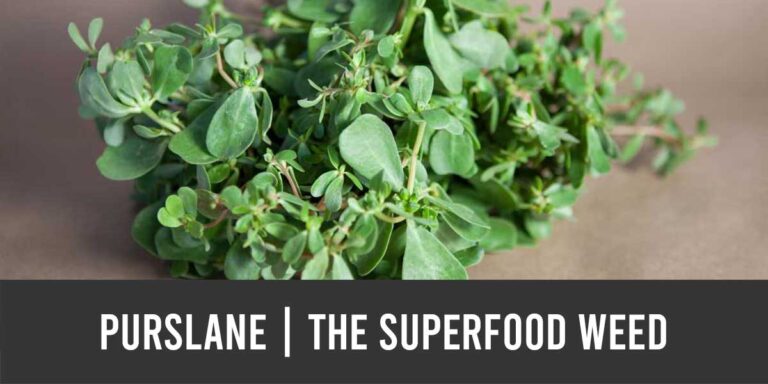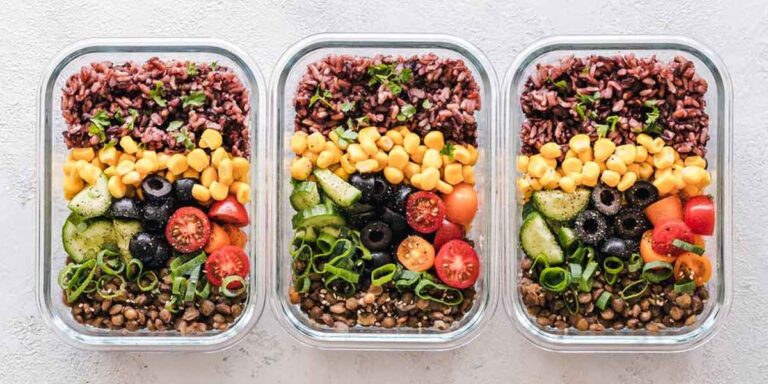How to Avoid Heavy Metals in Your Vegan Diet
Learn effective strategies to avoid heavy metals in your vegan diet. Discover tips for selecting clean, nutritious plant-based foods and ensuring a healthy, balanced diet free from harmful contaminants.
As more people globally adopt vegan and vegetarian diets, it’s essential to consider not only nutrition but also the presence of contaminants like heavy metals. Even the healthiest foods, including fruits, vegetables, and plant-based proteins, contain these unwanted substances. Let’s take a closer look at some practical tips to help vegans and vegetarians reduce their exposure to heavy metals in their diet and stay healthy.
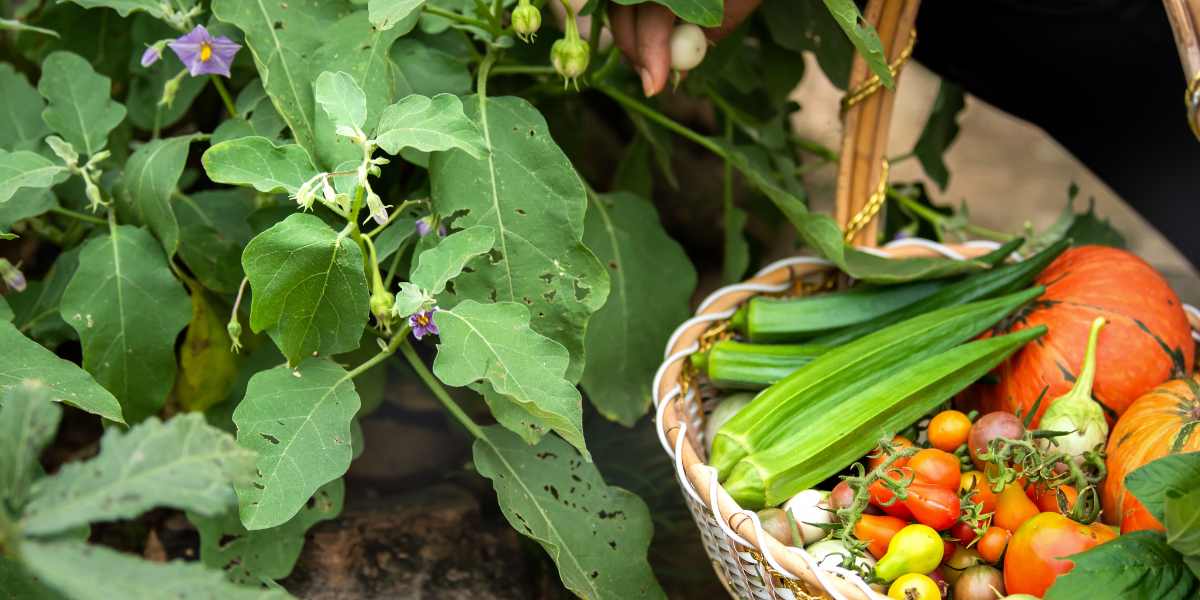
Understanding the Sources of Heavy Metals
Heavy metals like lead, mercury, cadmium, and arsenic are natural elements that can harm humans when present in large amounts. These metals can contaminate food through polluted soil, water, or air. Understanding the common sources of heavy metals in your food is the first step in reducing exposure:
- Lead: Often found in soil. Particularly near busy roads or old buildings that use lead-based paints.
- Mercury: Commonly associated with fish but can also be present in crops exposed to high atmospheric mercury levels.
- Cadmium: Typically found in soil as a byproduct of industrial waste and fertilizers.
- Arsenic: This compound can occur naturally or as a result of pesticide use and industrial practices.
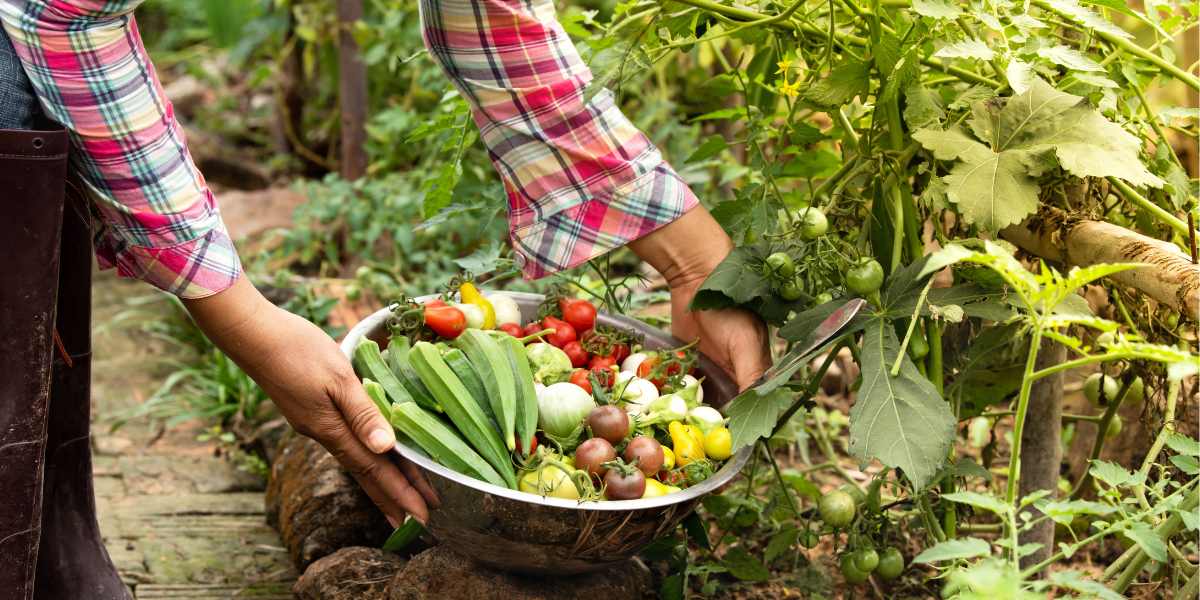
Choosing Safer Produce
The journey to safe eating begins with selecting the right produce and learning the basics of food processing. Much of the food that is found in your local grocer has gone through many processing hours before it makes it to your table. Most people, including restaurant owners, don’t know exactly where their produce comes from, or the processing involved before arrival on the shelves.
For example, if asked, most people don’t know what are the basics of food metal detector practices, or harvesting practices, but that doesn’t mean you can’t ensure that your produce is of the highest quality. Here are a few guidelines to follow:
- Go organic: Selecting organic produce can be a wise choice for your health. Organic farming usually limits the use of synthetic pesticides and fertilizers, which may lead to a decrease in the level of heavy metals in the produce.
- Know your sources: It’s wise to purchase fruits and vegetables from trustworthy sources. To ensure the quality of the produce, consider visiting local farmers’ markets, where you can talk with the growers about their farming methods and practices. This effort will help you make an informed decision and choose the freshest and most nutritious produce for you and your family.
- Diversify your diet: Eating a variety of foods can reduce the risk of significant exposure to heavy metals from any single source.
- Metal detection: If you are preparing food for service, consider adding a metal detection scanner to use with your fresh produce and meats before preparation. These sophisticated tools allow you to detect harmful metals before preparation, reducing the risk of metals in your products being served to customers.
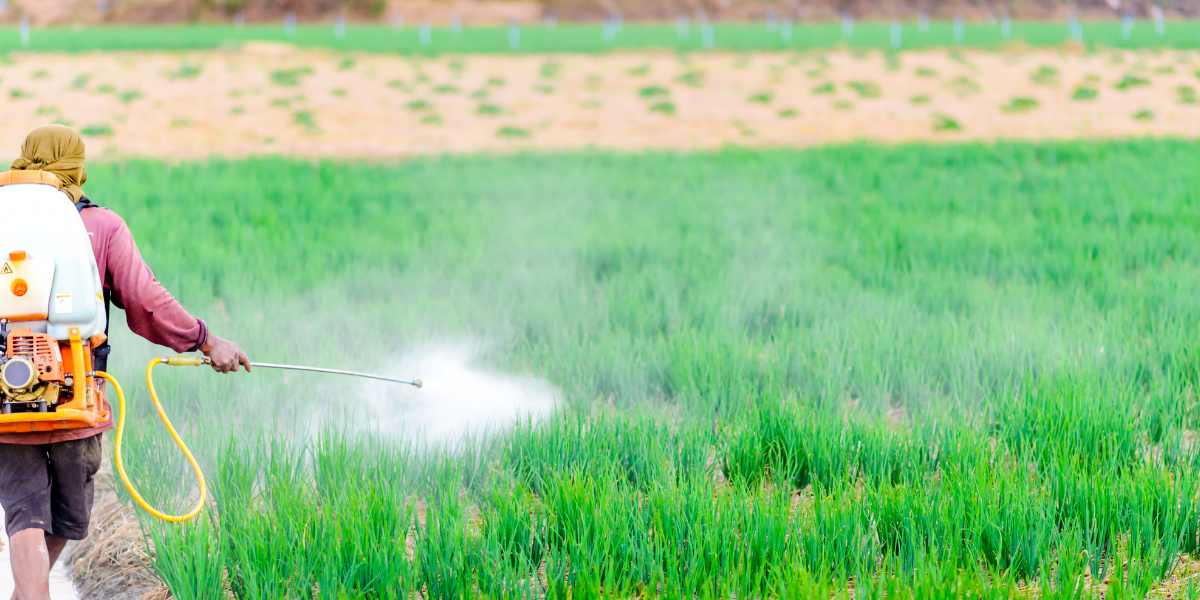
Preparing and Cooking
How you prepare and cook your food can also impact your exposure to heavy metals. Implement these strategies in your kitchen:
- Wash: Thoroughly washing fruits and vegetables under running water can remove some surface contaminants. Consider using a brush for foods with hard skins.
- Peel and trim: Peeling vegetables and fruits can reduce heavy metals that accumulate in the skin. Trimming the outer layers of leafy greens can also be beneficial.
- Cook smart: Certain cooking methods, like boiling and blanching, can reduce the content of heavy metals, particularly arsenic, in rice. Rinse rice thoroughly before cooking and use plenty of water.
Safe Cookware
The cooking vessels you use can contribute to heavy metal exposure. Be mindful of your choices. Some older ceramic, aluminum, and non-stick cookware may leach metals into food. Choose stainless steel, glass, or certified lead-free ceramic cookware. It’s wise to replace any pots or pans that have become scratched, especially those with nonstick coatings. This will help prevent any metals from leaching into your food and potentially causing health concerns.
It’s vital to stay informed about the safety of your food. Due to your naturally based diet, vegans and vegetarians may be exposed to heavy metals. To reduce the risk, learn about the sources of contamination, choose produce that is less likely to be contaminated, prepare your food wisely, and use safe cookware. Stay informed and make smart choices to protect yourself and support a safer food system.
If you make this, please leave a review and rating if you liked this recipe! ★★★★★

